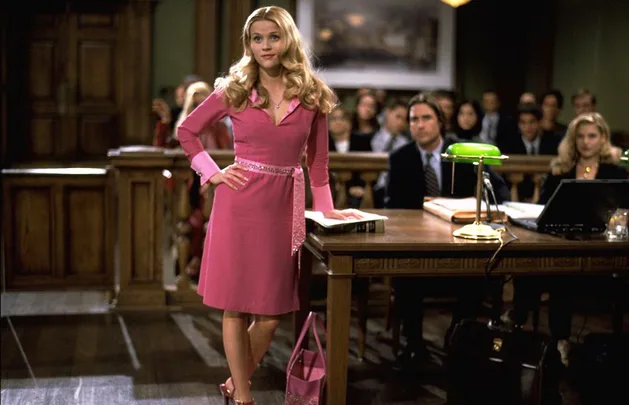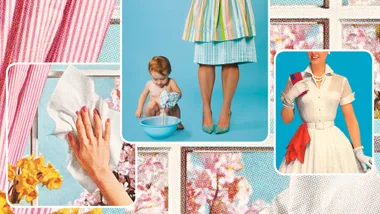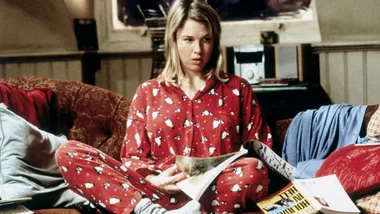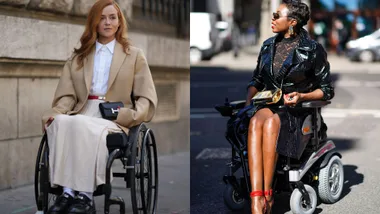‘Women who show cleavage in the workplace “make better bosses and are seen as more powerful,”’ were the eye-roll-worthy headlines circulating the internet last month.
And now, shocking statistics have found that a third of women have been reprimanded at work for what they wear.
Yes, you just read the above statistics and yes, it’s 2017.
A UK study has revealed that 30% of women have been cautioned at work for wearing ‘revealing clothing’, with 35% saying they had specifically been told off as it was a “distraction to male colleagues”.
2000 women were surveyed with participants saying they were left feeling angry and embarrassed by the complaints.
This survey follows the new study, published in the Journal of Social Psychology, which claims women who show cleavage in the workplace are seen as more “powerful.”
The women who had five or six undone blouse buttons were seen as the most powerful and forceful, the report summarised.
The Project hosts, Gorgi Coghlan and Waleed Ali, addressed the findings that evening, with Gorgi saying: “In all honesty, I was really annoyed about this study today, I’m sick of studies about what women wear.”
Her dismay isn’t unfounded. In the 21st century, when women are fighting for equal rights and equal pay in the workplace, in the same year as the biggest women’s marches in recent history, we’re being told to unbutton our shirts in order to be taken seriously.

It’s a total, utter slap in the face.
And, while we have you: this is just one of the many studies published in recent years which subjects women to sexism in the workplace.
In 2016, research found that women who wear ‘sexy’ clothing at work appear more intelligent, in 2014, a study found that men were more responsive to a woman who was wearing heels over flats, and in 2015, it was revealed that women who don’t wear makeup are more attractive than those who do.
Side note: That final study isn’t saying women look better if they’re natural, more so that: “if you put make-up on an unattractive woman it won’t make her more attractive than a pretty woman without make-up.”
Surely the world’s leading academic institutions have bigger fish to fry, and better uses of their time, than months spent figuring out whether a woman should wear a skirt or pants to their 9-5?
And it’s not just the studies women have to watch out for, either. Just last year, receptionist Nicola Thorpe was sent home from her job for refusing to adhere to the office dress code policy of wearing high heels to work – and that, my friends, is legal.
She proceeded to start a petition calling for a ban on ‘sexist’ dress codes. Though Thorpe received over 150,000 signatures, the change was rejected by the UK Parliament and employers can still force women to wear high heels in the workplace.
“There will be young girls sitting here watching this tonight, or who might have read about the study during the day, and I worry that the message they’re getting is that to show off some cleavage, that’s the way to have power and success in your professional life,” Waleed Ali pointed out on The Project last night.
What message are we sending to the younger generation? Yes, Wonder Woman is incredible, and the film broke box office records, but check out the length of her skirt?
How about we drop this conversation altogether, stop the ridiculous studies, and let the workplace conversations instead focus on intelligence, dedication and hardworking ability.










